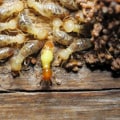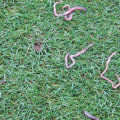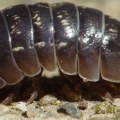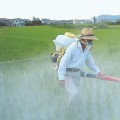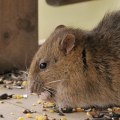Take trash out of your home regularly. Repair leaking pipes and do not allow water to accumulate anywhere in the house. Do not allow water to accumulate in trays under plants in your house or refrigerator. Do not leave pet food and water out overnight.
Whether pest infestation is getting worse or is starting to build up, pest control is what you need. Most pest control products are labeled as hazardous waste and should therefore be disposed of properly. Turn directly to PestShield professionals for serious pest control services that give you peace of mind and a pest-free home. A professional is much more experienced than the typical owner and has access to more effective pest control methods.
However, pest control must be carried out effectively to eliminate the pest with which you are dealing and protect the safety of people in the household. By correctly following the do's and don'ts of pest control, you will be able to effectively and efficiently address pest issues. Even if you hire pest control experts, it's best to have a rough idea of the problem so that they can find a solution faster and easier. But, if you want to eliminate pests that live inside your house, what you need is a professional pest control exterminator.
You can also check if your community has a hazardous waste collection system that collects leftover pesticides. Be sure to consider what you should and should not do in pest management if you think you have a pest problem in your New England area home. Pest control products have the potential to be very hazardous and, as such, are labeled as hazardous waste. Leaving pesticides, insecticides and traps around is a huge danger, especially if you have children in the house.
You need to correctly identify the pest you are dealing with so you know what pest control measures you should use. There are many dos and don'ts of consideration in pest control to avoid harming your family and the environment and also to ensure that the problem is permanently resolved.

